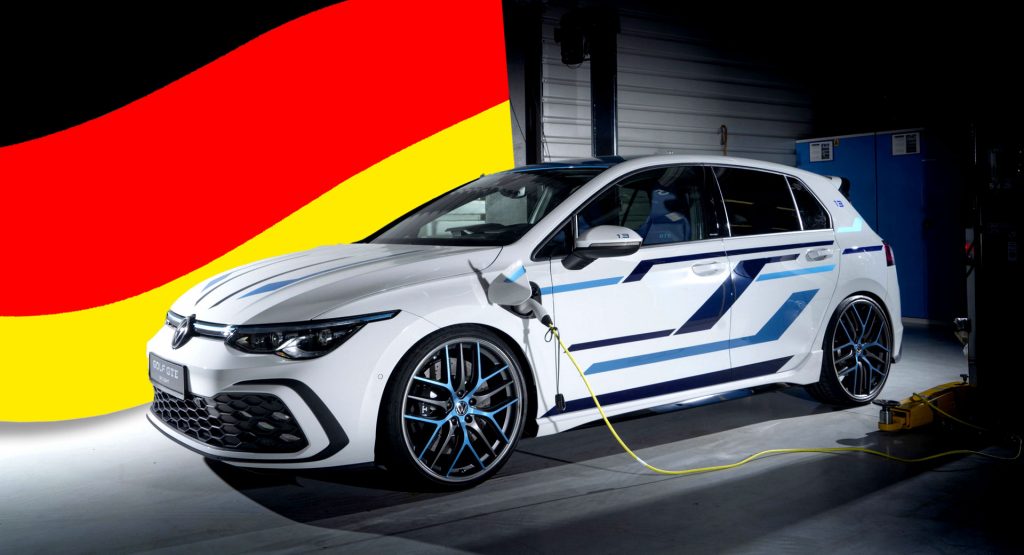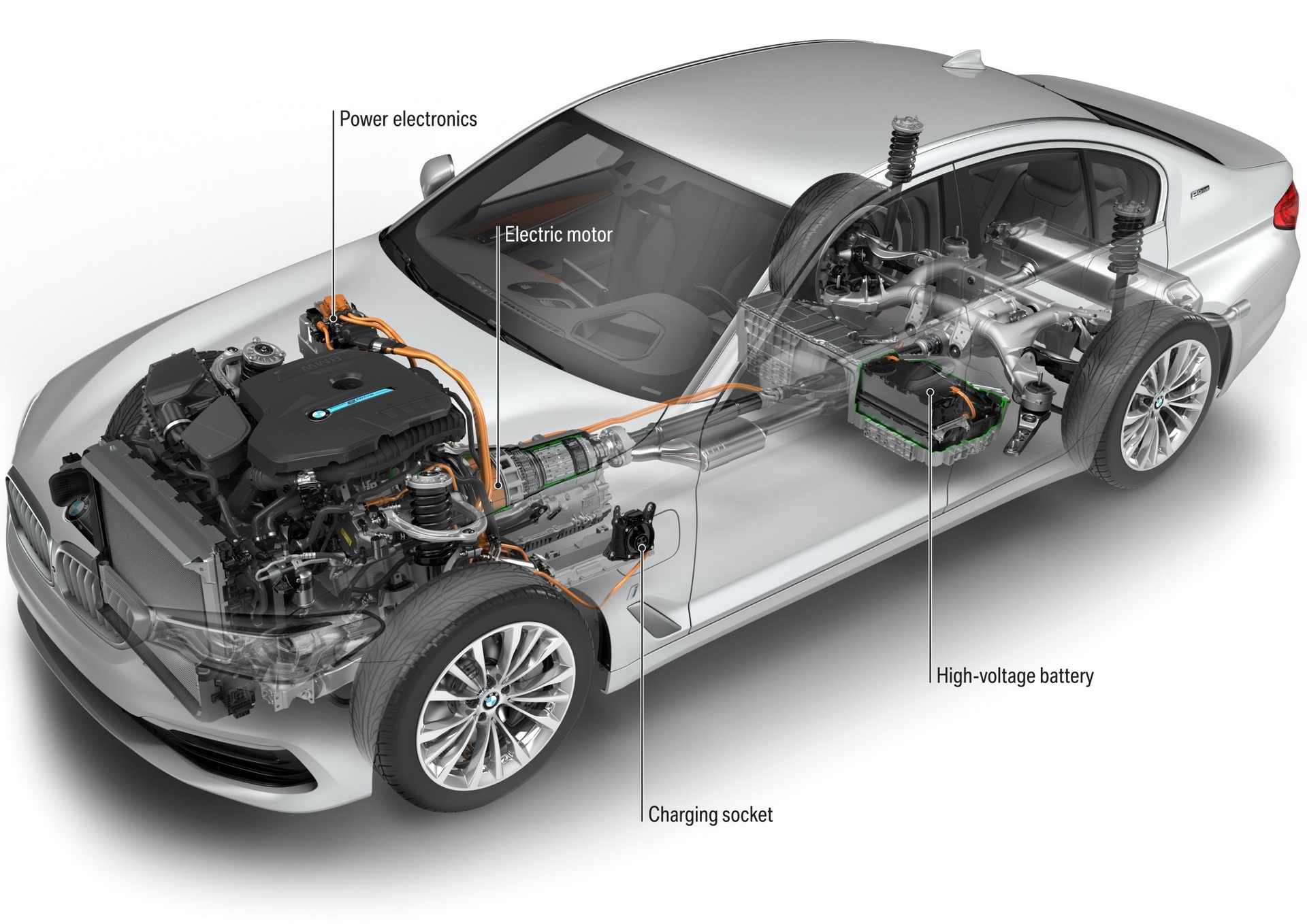Germany’s transport minister, Volker Wissing, said Monday that the nation will seek to get 15 million electrified vehicles on the road by 2030 and that will include hybrid vehicles, not just electric vehicles as was previously indicated.
The minister’s message walks back on a coalition agreement made in November promising that the government intended to get “at least 15 million fully-electric passenger vehicles in 2030,” reports Reuters.
Although 15 million electrified vehicles is still a step up from the previous administration’s goal of getting 14 million electrified vehicles on the road by 2030, of which 10 million were supposed to be fully electric, it’s a troubling statement for Germany’s environmentalists.
Read Also: What Happens When You Drive A PHEV Without Gas?
“We agreed on a clear goal in the coalition agreement of at least 15 million fully-electric passenger vehicles by 2030,” Green MP Stefan Gelbhaar said. “I am confident that Transport Minister Volker Wissing will make clear and swift progress here.”
Hybrid vehicles are seen by some as a stepping stone towards electrification, but some studies suggest that they can be a step backward. When used correctly they can be greener than combustion vehicles but when users don’t charge them, as often happens, their weight and complexity can make them less green than combustion vehicles.
Wissing also seemed to recant statements made previously about e-fuels, a form of synthetic gas that can be used in combustion vehicles. Espoused by automakers like Porsche, it’s said to be greener than traditional fuels because it’s made out of hydrogen and carbon dioxide pulled out of the atmosphere. It requires a lot of energy to make and a lot of renewable energy to keep green, though.
That has made the fuel alarming to environmentalists, who believe that it should be saved for industries that cannot go all-electric. In fact, in an interview with a German newspaper last week, Wissing said that it should be saved for shipping and aviation.
Following criticism for Germany’s automakers, though, he said Monday that “technological openness” was important.






